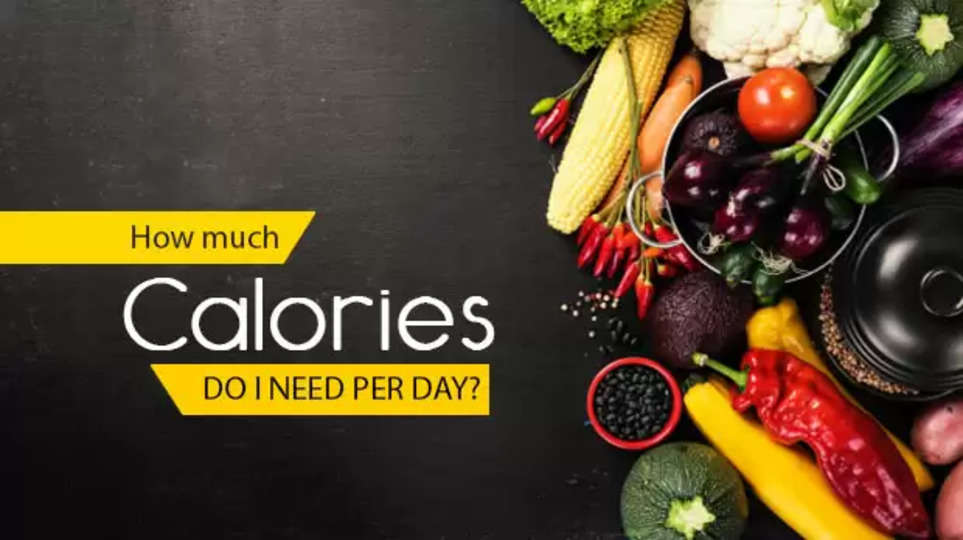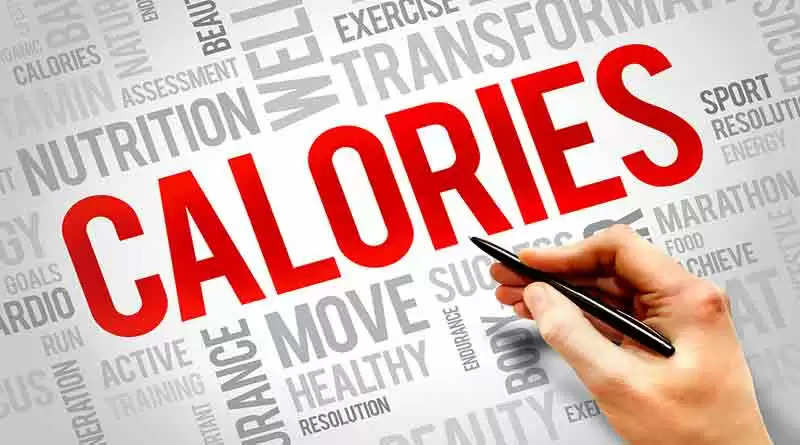Understanding Calories and Energy Balance
Understanding Calories and Energy Balance

Understanding Calories and Energy Balance
In the realm of health and fitness, the concepts of calories and energy balance are fundamental. They are the bedrock upon which weight management, nutritional strategies, and overall wellness are built. This article delves into what calories are, how they influence energy balance, and their role in achieving and maintaining a healthy lifestyle.
What Are Calories?

Calories are units of energy that our bodies use to perform various functions. Scientifically, one calorie is the amount of energy required to raise the temperature of one gram of water by one degree Celsius. In nutrition, we often refer to kilocalories (kcal), where one kilocalorie equals 1,000 calories. The energy we consume through food and drink, and the energy we expend through basal metabolic rate (BMR), physical activity, and digestion, are all measured in calories.
Sources of Calories
Calories come from macronutrients in our diet:
- Carbohydrates: 4 calories per gram
- Proteins: 4 calories per gram
- Fats: 9 calories per gram
- Alcohol: 7 calories per gram
Each of these macronutrients plays a distinct role in the body. Carbohydrates are the primary source of energy, proteins are crucial for growth and repair, and fats provide long-term energy storage and support cell function.
Energy Balance
Energy balance is the relationship between the calories consumed and the calories expended. It is the key determinant of whether we gain, lose, or maintain weight.
- Energy Intake: This refers to all the calories consumed through eating and drinking.
- Energy Expenditure: This encompasses:
- Basal Metabolic Rate (BMR): The energy required for basic bodily functions at rest, such as breathing, circulation, and cell production.
- Thermic Effect of Food (TEF): The energy used to digest, absorb, and metabolize food.
- Physical Activity: Any movement that expends energy, from structured exercise to daily activities like walking and household chores.
Positive and Negative Energy Balance
-
Positive Energy Balance: Occurs when calorie intake exceeds calorie expenditure. This leads to weight gain as the excess energy is stored as fat. While some weight gain can be healthy, especially for growing children and those building muscle, prolonged positive energy balance can lead to obesity and associated health problems like cardiovascular disease, diabetes, and certain cancers.
-
Negative Energy Balance: Happens when calorie expenditure exceeds calorie intake. This results in weight loss as the body uses stored energy (fat) to meet its needs. Achieving a negative energy balance is essential for those aiming to lose weight, but it must be done healthily to avoid malnutrition and muscle loss.
Achieving Energy Balance
Maintaining an appropriate energy balance tailored to individual needs is crucial for optimal health. Here are some strategies to achieve this:
-
Monitor Calorie Intake: Keeping track of what you eat can help you understand your eating patterns and make necessary adjustments. There are numerous apps and tools available to help with this.
-
Choose Nutrient-Dense Foods: Opt for foods that provide a high amount of nutrients relative to their calorie content. Fruits, vegetables, lean proteins, whole grains, and healthy fats should be staples in your diet.
-
Stay Active: Regular physical activity is essential for increasing calorie expenditure. Aim for a mix of cardio, strength training, and flexibility exercises. Even daily activities like walking, gardening, and cleaning contribute to your overall energy expenditure.
-
Understand Your BMR: Knowing your basal metabolic rate can help you estimate your daily calorie needs more accurately. Various online calculators can provide a rough estimate based on age, gender, weight, and activity level.
-
Balance Macronutrients: Ensure you get a balanced intake of carbohydrates, proteins, and fats. This not only helps with energy levels but also supports overall bodily functions.
-
Hydrate: Drinking enough water is crucial for metabolism and can sometimes help control appetite, as thirst is often mistaken for hunger.
The Role of Metabolism
Metabolism plays a significant role in energy balance. It is the sum of all chemical processes that occur within the body to maintain life. A faster metabolism means more calories are burned at rest, while a slower metabolism means fewer calories are burned. Factors influencing metabolism include age, muscle mass, genetics, and physical activity level.
Common Misconceptions
-
All Calories Are Equal: While technically true from an energy standpoint, the source of calories matters. For example, 100 calories from a sugary snack are not nutritionally equivalent to 100 calories from a serving of nuts.
-
Starvation Mode: It is often claimed that eating too few calories will cause the body to store fat. While prolonged severe calorie restriction can slow metabolism, moderate calorie deficits do not have this effect and are necessary for weight loss.
Conclusion
Understanding calories and energy balance is essential for anyone looking to manage their weight, improve their health, or enhance their fitness. By balancing calorie intake with expenditure and choosing nutrient-dense foods, you can achieve and maintain a healthy weight and enjoy better overall well-being. Remember, it's not just about the quantity of calories, but also the quality and the balance between consumption and expenditure.
